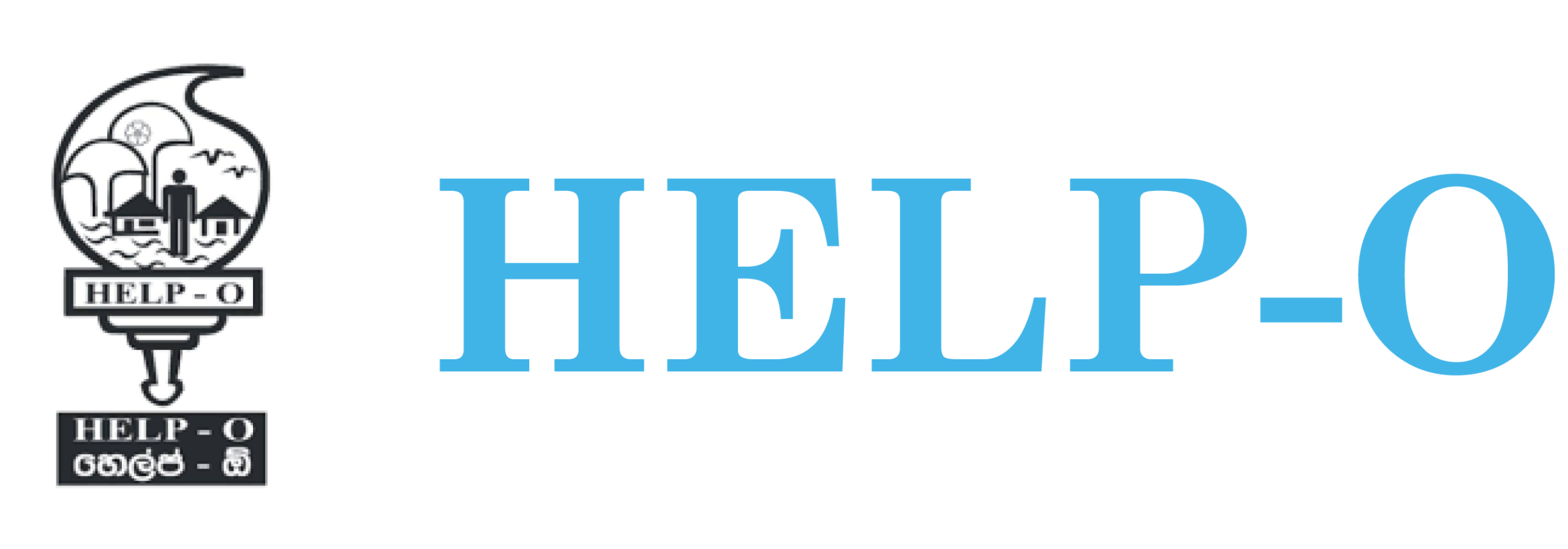The city of Galle, Sri Lanka, is taking significant strides in combating plastic pollution, particularly within its waterways, through the implementation of an AI-powered CCTV system. A key project, focused on the Moda Ela canal, showcases this innovative approach. Here’s a summary:
The Moda Ela Project:
This initiative, spearheaded by the organization HELP-O, involves the deployment of an AI-enabled smart CCTV system to monitor and analyze plastic waste flowing through the Moda Ela canal.
The system utilizes CCTV cameras that capture real-time images of the waterway. These images are then uploaded to a cloud system, where an AI model processes the data.
The AI is capable of detecting and categorizing various types of plastic waste, including plastic fragments, bottles, Styrofoam, and trash bags.
The system provides quantitative data on the amount and type of plastic waste, offering valuable insights for researchers and policymakers.
This data is then put onto a web based system, that can be accessed by the public.
Key Features:
Real-time monitoring of plastic litter.
AI-driven detection and classification of different plastic waste types.
Data analysis and visualization through a web-based platform.
Collaboration with organizations like the Asian Institute of Technology.
Impact:
The project aims to reduce plastic pollution in Galle’s coastal areas.
It provides data that can inform waste management strategies.
It raises awareness about plastic pollution and promotes environmental conservation.
This project represents a significant step forward in leveraging technology to address environmental challenges, demonstrating how AI can play a crucial role in creating cleaner and more sustainable cities.



